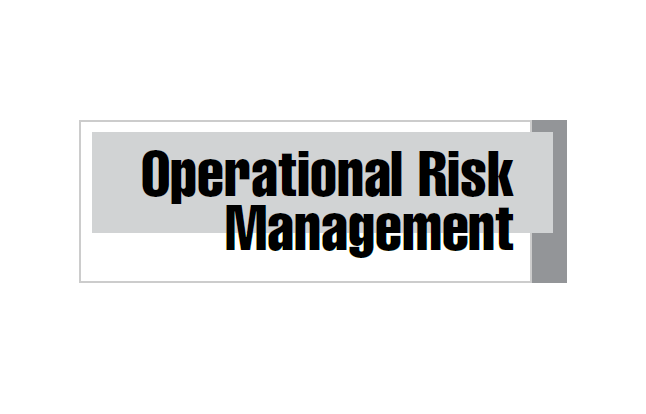Understanding Operational Risk Management
Situasi ID – Operational risk, a term often bandied about in financial circles, encompasses a multitude of challenges that institutions face in their day-to-day operations. Let’s delve into the intricacies of operational risk and explore its dimensions.
Unveiling Operational Risk
Operational risk, distinct from market and credit risks, embodies the perils stemming from inadequacies or failures within processes, personnel, systems, or external events. Initially, operational risk was an elusive concept, encompassing everything beyond market and credit risks. However, modern definitions, such as those delineated in the Basel II regulations, offer clarity.
Dissecting the Definition
Breaking down the Basel II definition reveals crucial insights. Firstly, operational risk necessitates an associated loss. This loss, typically financial, underscores the gravity of operational risk management. The causes of such losses boil down to inadequate processes, personnel, systems, or external events.
Operational Risk in the Real World
Operational risk isn’t an abstract notion confined to regulatory frameworks; it manifests vividly in real-world scenarios. Media headlines brim with instances of operational risk events: fraud scandals, unauthorized trading debacles, technological failures, and calamitous external events. These events, ranging from hurricanes to cyber-attacks, impose staggering financial tolls on organizations.
The Imperative of Risk Management
Managing operational risks isn’t just a regulatory obligation; it’s a strategic imperative. Firms hemorrhage millions, even billions, from operational risk events. Moreover, these events, both large-scale and mundane, exert downward pressure on profitability. Regulators advocate robust operational risk frameworks to fortify firms and ensure systemic resilience.
Embracing Basel II Framework
The Basel II framework ushered in a new era of risk management, mandating stringent measures for internationally active financial institutions. Alongside market and credit risks, Basel II introduced capital requirements and qualitative standards for operational risk management.
Standardization and Adaptation
The Basel II definition of operational risk has become the industry standard, embraced by regulators and institutions worldwide. However, variations exist among institutions, with some incorporating reputational risk into their operational risk frameworks.
Operational Risk: A Unique Challenge
Operational risk presents a distinct set of challenges compared to market and credit risks. While the latter are deliberate undertakings for expected rewards, operational risk is inherent in the fabric of corporate existence. Every employee, system, or process introduces operational risk.

